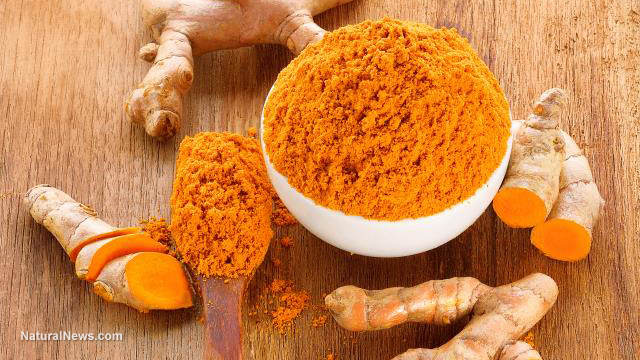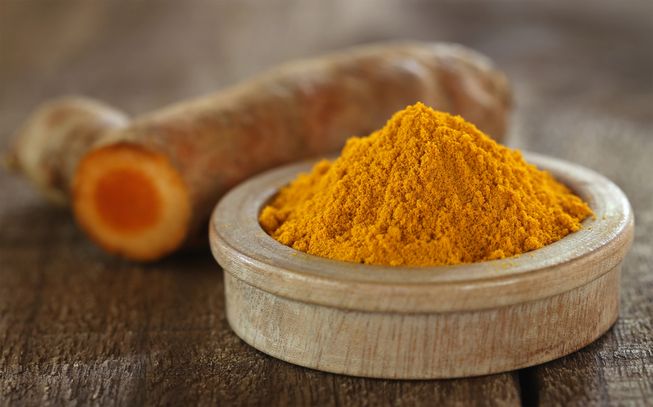
Advertisement
Many foods that belong to the ginger family exhibit potent medicinal qualities and are labeled as “superfoods.” But in terms of popularity, turmeric rises above them all. Today, this medicinal root is widely used as food and as a health supplement. Besides giving curry it’s iconic yellow pigment, turmeric boasts a variety of applications.
What you need to know about turmeric
Scientifically known as Curcuma longa, turmeric is a perennial herb primarily found in India. As a spice, turmeric is commonly used in Asian cuisine and is often referred to as “Indian saffron” due to its golden color.
In Ayurvedic medicine, turmeric is considered a natural remedy for various ailments. These include gastrointestinal issues, liver-related problems, depression and pain.
However, the credit for most of turmeric’s medicinal feats goes to some of its chemical components, which are known as curcuminoids. Curcumin, the major curcuminoid in turmeric, acts as a potent antioxidant and harbors very powerful anti-inflammatory properties.
Here are some remarkable reasons why you should add turmeric to your daily diet.
It acts as a potent antioxidant
Plenty of studies have shown that turmeric is a powerful antioxidant that protects cells from damaging free radicals. This activity is especially beneficial for the brain and the immune system. The antioxidant properties of turmeric also allows it to combat signs of aging, such as the appearance of wrinkles and skin pigmentation. You can add a teaspoon of this wonderful spice to your favorite smoothie to give yourself a daily antioxidant boost.
It eases joint pain
Curcumin‘s anti-inflammatory properties make it a fantastic supplement for relieving joint pain. Since arthritis commonly involves joint inflammation, consuming turmeric regularly can keep the pain at bay. In fact, a study published in the journal Phytotherapy Research found that curcumin is more effective at relieving pain than anti-inflammatory drugs in people with rheumatoid arthritis.
It can prevent other inflammatory diseases
Other than joint pain, inflammation can also be the root cause of a number of health conditions, such as the metabolic syndrome, cancer and heart disease. Turmeric’s anti-inflammatory properties offer significant protective benefits against these diseases. For a healthy, anti-inflammatory dose of turmeric, use it to make salad dressing. Mix the spice together with a dollop of white miso paste, tahini and apple cider vinegar and enjoy your favorite garden salads with it.
It can keep your heart healthy
Besides reducing inflammation and free-radical damage — both of which are linked to heart disease — eating turmeric can also help keep your heart healthy. Research suggests that curcumin helps decrease blood cholesterol levels, which reduces the risk of atherosclerosis considerably. Any fiber-rich whole-grain dish like quinoa or brown rice can be given a heart-healthy kick with the addition of turmeric.
It can give your immune system a boost
Curcumin boasts anti-inflammatory, antioxidant and anti-microbial properties that allow it to support optimal health. While the compound itself isn’t readily absorbed into the bloodstream, studies show that combining curcumin with black pepper can enhance its absorption. This allows you to fully enjoy all of curcumin’s health benefits.
Turmeric is a versatile superfood and natural remedy for a variety of health problems. Incorporate this spice into your diet to boost your immune system and prevent inflammatory diseases. Learn more about other superfoods like turmeric at Superfoods.news.
Sources include:
Advertisements







